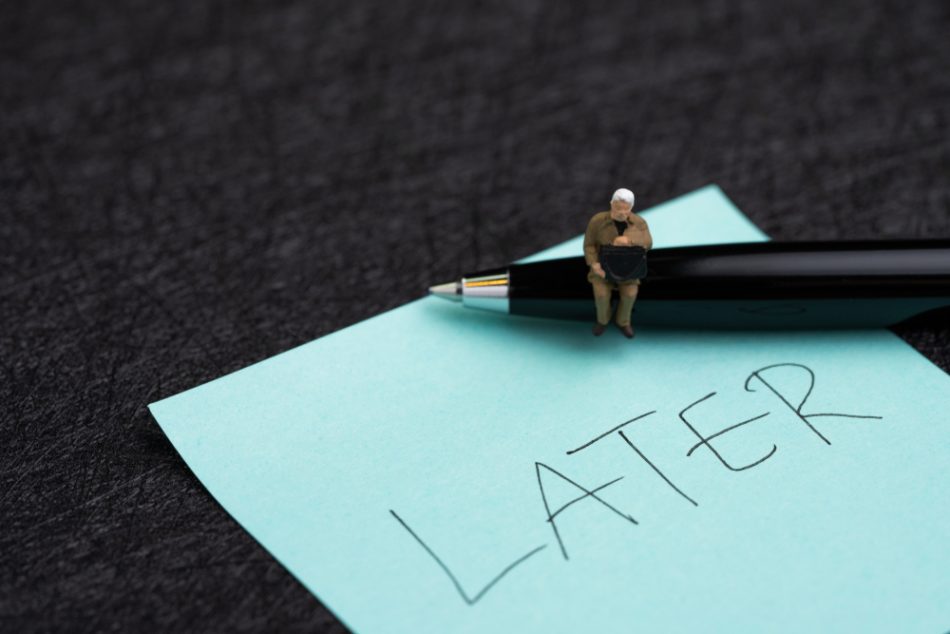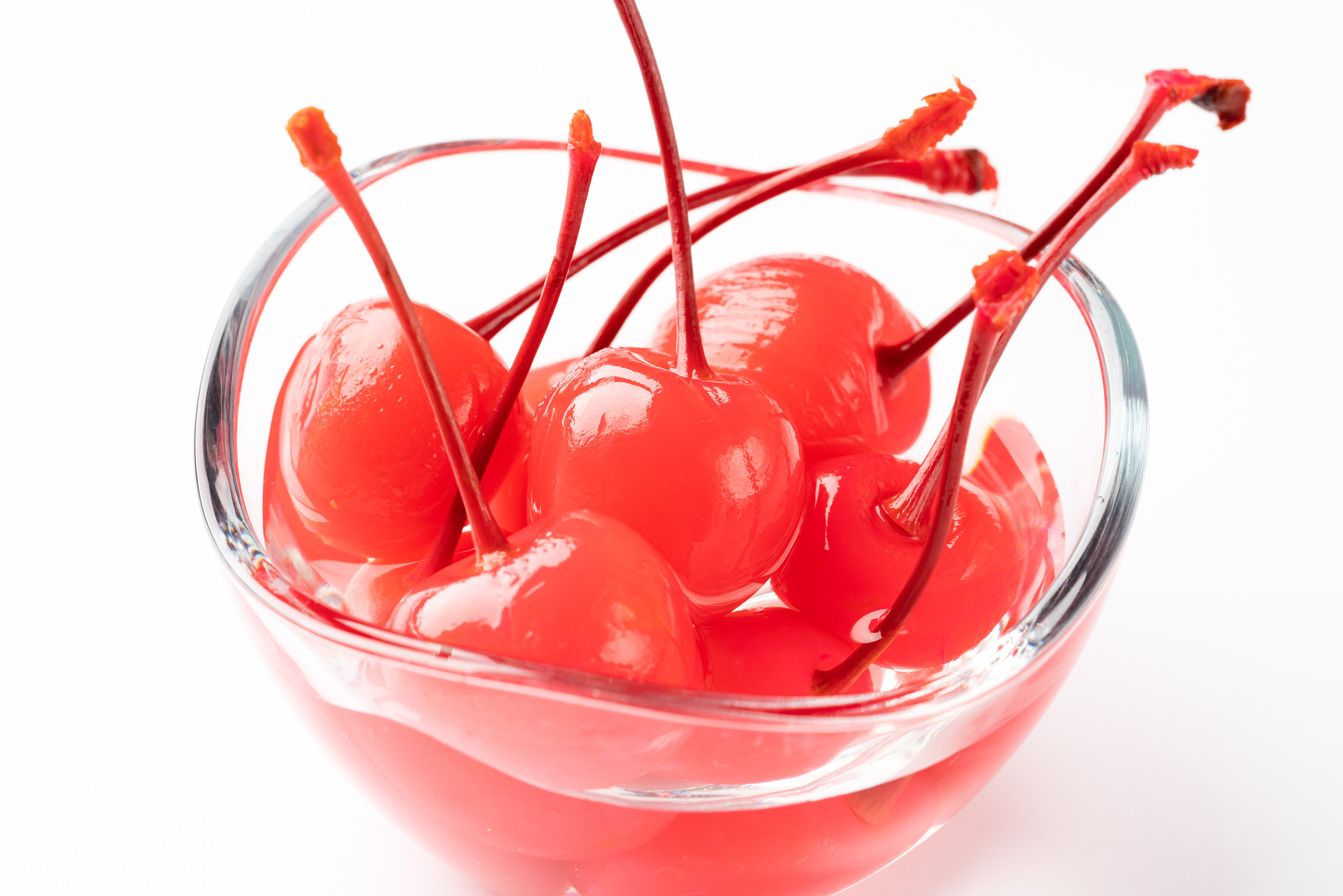We’ve all been there, putting stuff off knowing all too well that it will only make our future-selves worse off. But although everyone does it sometimes, chronic procrastination can lead to anxiety, chronic stress, and less physical activity. So, what can you do to beat this oh-so-dreadful facet of the human condition? Below are five strategies that can help.
- Break down the task into small steps. Instead of thinking of the entire task, ask yourself “if I were to complete this task, what would I do next?”
- Commit to a task for just five minutes. Sometimes we procrastinate because we think a task might take a long time, but starting with a small time commitment can help you gain momentum and eventually finish what you started.
- Time-block important deadlines, and treat them like meetings. This gives you a distinct time period in which to complete a task.
- Get an accountability buddy. Ask a friend or co-worker to gently pressure you into completing a task.
- If you’re procrastinating on making a decision, limit the time you review options. It’s always good to understand options, but over-reviewing each option can itself be a form of procrastination.












